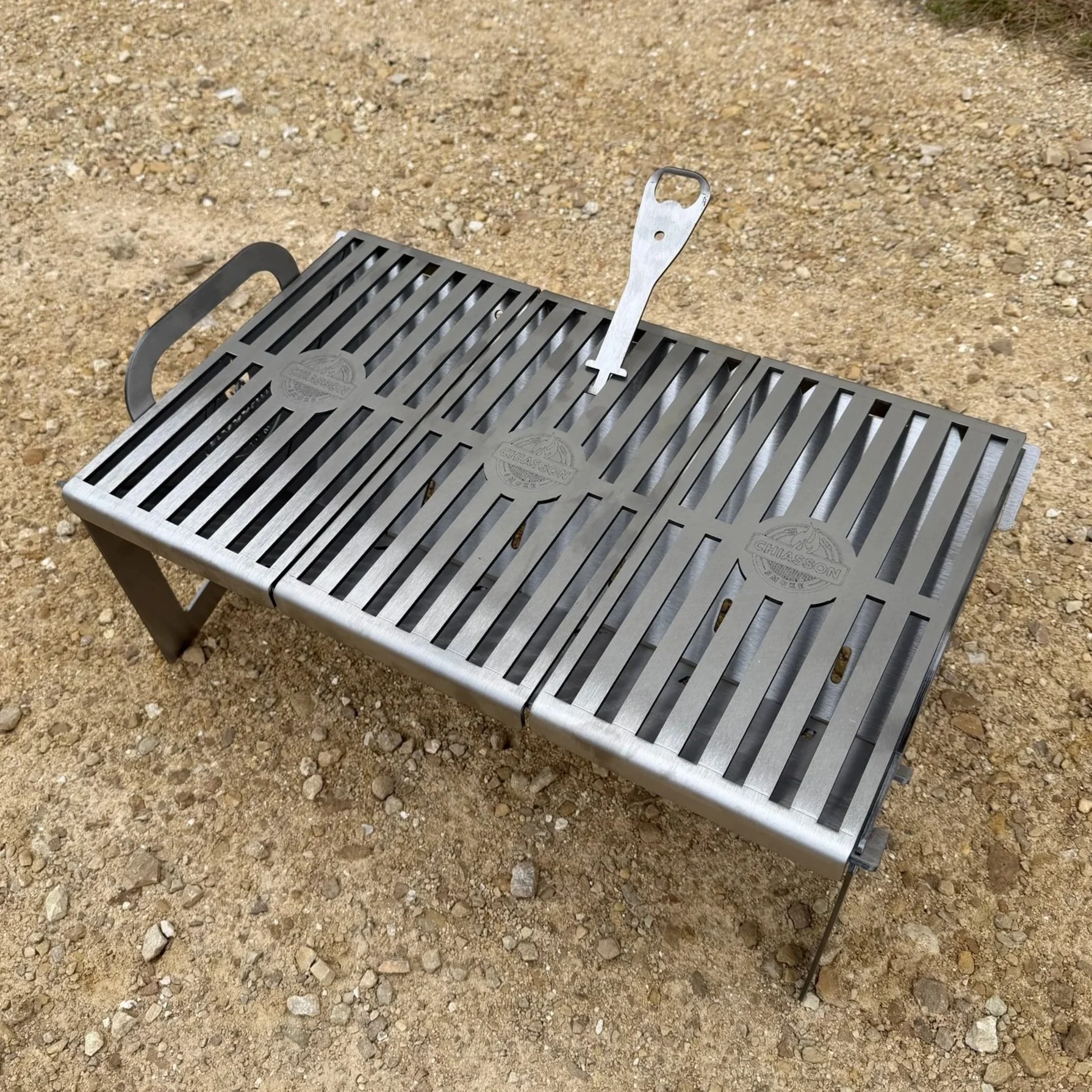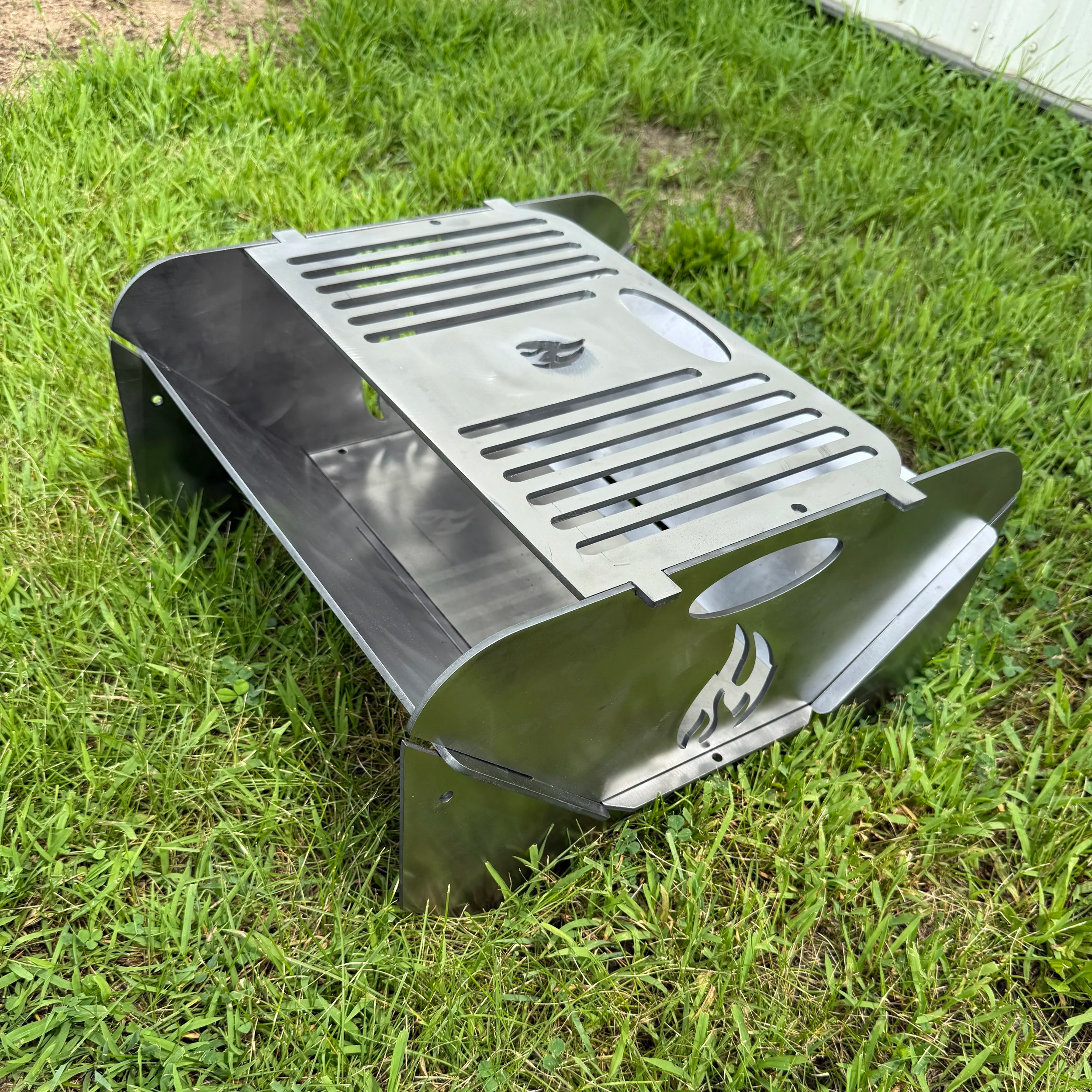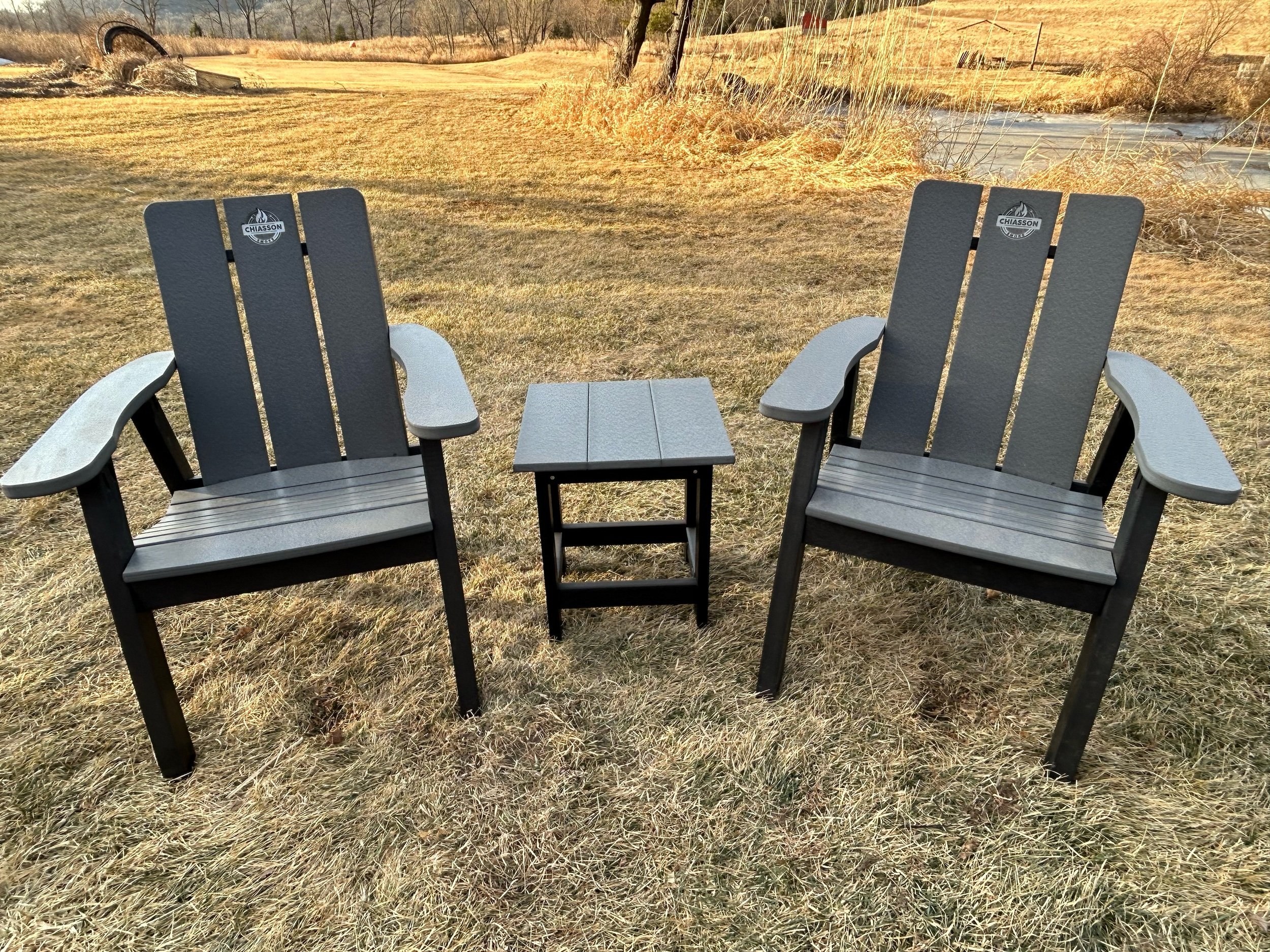How to Keep Bugs Away Without Harsh Chemicals
Let’s be honest—nothing ruins a perfect summer evening faster than a cloud of mosquitoes or a line of ants marching across your porch. You could grab a can of bug spray, but most of those come with harsh chemicals that can smell awful, sting your skin, and even harm the environment.
The good news? You don’t need toxic sprays or sticky traps to win the war against bugs. Nature already has everything you need to keep pests out of your home, your yard, and off your skin.
Keeping bugs away naturally is all about understanding what attracts them—and then making your space as uninviting as possible. Let’s dive into how to enjoy your outdoor time without the buzz, bite, or burn.
Why Bugs Show Up in the First Place
Before you can send bugs packing, it helps to know why they show up at all. Most bugs aren’t trying to ruin your day. They’re just looking for food, water, and a place to hang out.
Mosquitoes, for example, are attracted to heat, body odor, and carbon dioxide—three things humans naturally give off. Ants are drawn to crumbs and sugary spills. Flies can’t resist garbage or anything that smells like rotting food.
If your space offers easy meals and comfy hiding spots, it’s basically a bug resort. The goal is to make your home and yard feel like the opposite of that—less “five-star getaway,” more “keep moving along.”
Start with a Clean Slate
One of the best bug repellents isn’t something you spray—it’s good old-fashioned cleanliness. Bugs follow their noses. If there’s food lying around or trash piling up, you’ve rolled out the red carpet for them.
In your kitchen, wipe down counters after cooking, and don’t let dirty dishes sit overnight. Take out the trash regularly and make sure the lids fit tightly. In the yard, get rid of standing water—mosquitoes can breed in something as small as a bottle cap filled with rain.
If you’ve got pets, remember their food bowls can also attract unwanted visitors. Try feeding them inside or bringing bowls in once they’re done eating.
For outdoor spaces, regular tidying goes a long way—there are even natural ways to make your yard less bug-friendly.
Plants That Keep Bugs Away
Mother Nature has her own pest control system, and it smells a lot better than chemical sprays. Many plants release scents that humans love but bugs can’t stand.
Citronella is the classic one—it’s famous for repelling mosquitoes. But other plants are just as powerful, and often prettier. Lavender smells amazing and keeps moths, flies, and mosquitoes at bay. Basil and mint deter flies and ants, while rosemary and sage chase away mosquitoes and gnats.
If you’re planting around a patio, garden, or windowsill, mix these bug-fighting plants together for the best effect. Not only will they help protect your space naturally, but they’ll also make it look and smell incredible.
For bonus points, crush a few leaves between your fingers when you’re sitting outside—the oils that release are even stronger at keeping pests away.
Essential Oils: Small Bottles, Big Power
Essential oils are like super-concentrated versions of those same plants. You can use them to make your own natural bug spray that smells good and actually works.
A simple recipe: mix 10 drops of citronella oil, 10 drops of eucalyptus oil, and 10 drops of lavender oil with two tablespoons of witch hazel and one cup of water. Shake it up in a spray bottle and spritz it on your skin or clothes before heading outside.
If mosquitoes are especially bad, add a few drops of lemongrass or tea tree oil for extra strength. Always test a little on your skin first—natural doesn’t always mean harmless for everyone.
You can also use essential oils indoors. Add a few drops to a diffuser, or mix them with water in a spray bottle to mist around doorways and windows. Not only will you keep bugs out, but your house will smell like a spa.
Let the Air Flow
Bugs don’t like wind. A simple breeze can mess up their flight paths and make it harder for them to land. That’s why ceiling fans, patio fans, or even small desk fans are surprisingly effective.
If you’re hosting a cookout or just relaxing outdoors, set up a few fans around your seating area. It creates a “no-fly zone” that keeps mosquitoes and flies from hovering near your food or ankles.
Inside, make sure your screens are in good shape—no holes or loose edges. Bugs are experts at finding the tiniest openings. Keeping the air moving and your home sealed tight will make it much harder for pests to sneak in.
The Power of Smoke
Bugs hate smoke almost as much as they hate wind. It’s one of the oldest natural bug repellents out there. If you’ve ever noticed mosquitoes disappearing when there’s a campfire, that’s why.
Wood smoke confuses their senses, making it hard for them to track you down. Burning herbs like sage, rosemary, or cedar chips adds an extra layer of protection because those scents are naturally repellent too.
If you want something simple and stylish, consider a smokeless fire pit or a portable fire pit. They give you that cozy campfire glow with way less smoke in your face and plenty of mosquito-deterring benefits.
For cleaner, more efficient burns, try building a fire with less smoke.
Make a Bug-Free Barrier
Another trick is to block bugs before they even get close. Think of your windows, doors, and patio as the main entry points. Keeping them sealed tight can stop most pests in their tracks.
You can rub a little peppermint oil or lemon juice along windowsills and door frames—it smells great to you, but ants, spiders, and flies can’t stand it.
Outside, try sprinkling diatomaceous earth—a fine, natural powder—around your garden beds or the base of your house. It’s harmless to humans and pets, but deadly to crawling insects. Just reapply it after it rains.
If you have a porch or patio, hanging light curtains or mosquito netting adds an elegant touch while keeping pests out of your chill zone. It’s like your own private bug-free fort—and an easy way to keep bugs out.
Smarter Lighting Choices
Did you know bugs are obsessed with light? Unfortunately, that porch light you turn on every night is like a neon sign inviting them in.
The fix is simple: swap out your white or blue-tinted bulbs for yellow “bug lights.” These special bulbs give off a softer glow that’s less attractive to flying insects. They’re also easier on your eyes and add a warm, cozy vibe to your space.
For outdoor gatherings, candles work wonders too. Just make sure they’re made with natural oils like citronella or lemongrass—not artificial scents that bugs will ignore. Burning natural woods can also help.
Homemade Traps That Actually Work
If you’ve got a serious invasion—fruit flies in your kitchen or gnats buzzing over the sink—you can handle it without reaching for chemicals.
For fruit flies, mix apple cider vinegar with a drop of dish soap in a small bowl. The vinegar attracts them, and the soap breaks the surface tension so they can’t escape.
For ants, try a mix of water, sugar, and borax (a natural mineral powder). The sugar lures them in, and the borax stops the colony from spreading. Just keep it out of reach of kids and pets.
You can even make mosquito traps using an empty soda bottle. Cut the top off, flip it upside down, and fill the bottom with a little sugar water and yeast. Mosquitoes fly in but can’t find their way back out. It’s low-tech, cheap, and surprisingly effective.
Natural Solutions That Smell Good Too
One of the best parts of going chemical-free is that your bug repellents actually smell nice. Instead of choking on fumes, you’ll be surrounded by fresh, herbal scents.
Try mixing up your own room sprays with water, a bit of vodka (it helps the scent last), and your favorite essential oils. Citrus blends are bright and clean. Herbal ones like rosemary and eucalyptus feel refreshing.
Even your laundry can help—adding a few drops of lavender or lemongrass oil to your wash can lightly scent your clothes and make them less appealing to bugs.
And if you’ve spent time by the fire, there are simple ways to remove smoke from clothes.
The Bonus Benefit: Better for You and the Planet
Using natural methods isn’t just safer for you and your family—it’s also better for the environment. Chemical sprays can harm pollinators like bees and butterflies, and they often end up in the soil or water.
By choosing plants, oils, and simple cleaning habits, you’re protecting your space without leaving behind a toxic trail. Plus, your home will smell fresher, your yard will look more beautiful, and your evenings will feel calmer.
And if you’re the kind of person who loves spending time outdoors—around the fire pit, cooking on the grill, or just enjoying the night air—this approach lets you do it all naturally. You’ll feel good knowing you’re keeping bugs away without harming the world around you. (Just make sure before lighting up, that you’re educated on fire pit safety.)
Enjoy the Outdoors, Naturally
Bugs might be part of nature, but that doesn’t mean you have to let them take over your porch or bite up your ankles. With a little planning, a few plants, and some clever natural tricks, you can enjoy your summer nights the way they’re meant to be—peaceful, fresh, and chemical-free.
So fire up that smoke, light a few citronella candles, and breathe easy. You’ve got all the tools you need to keep bugs away the natural way—and that’s something both you and the planet can feel good about.










